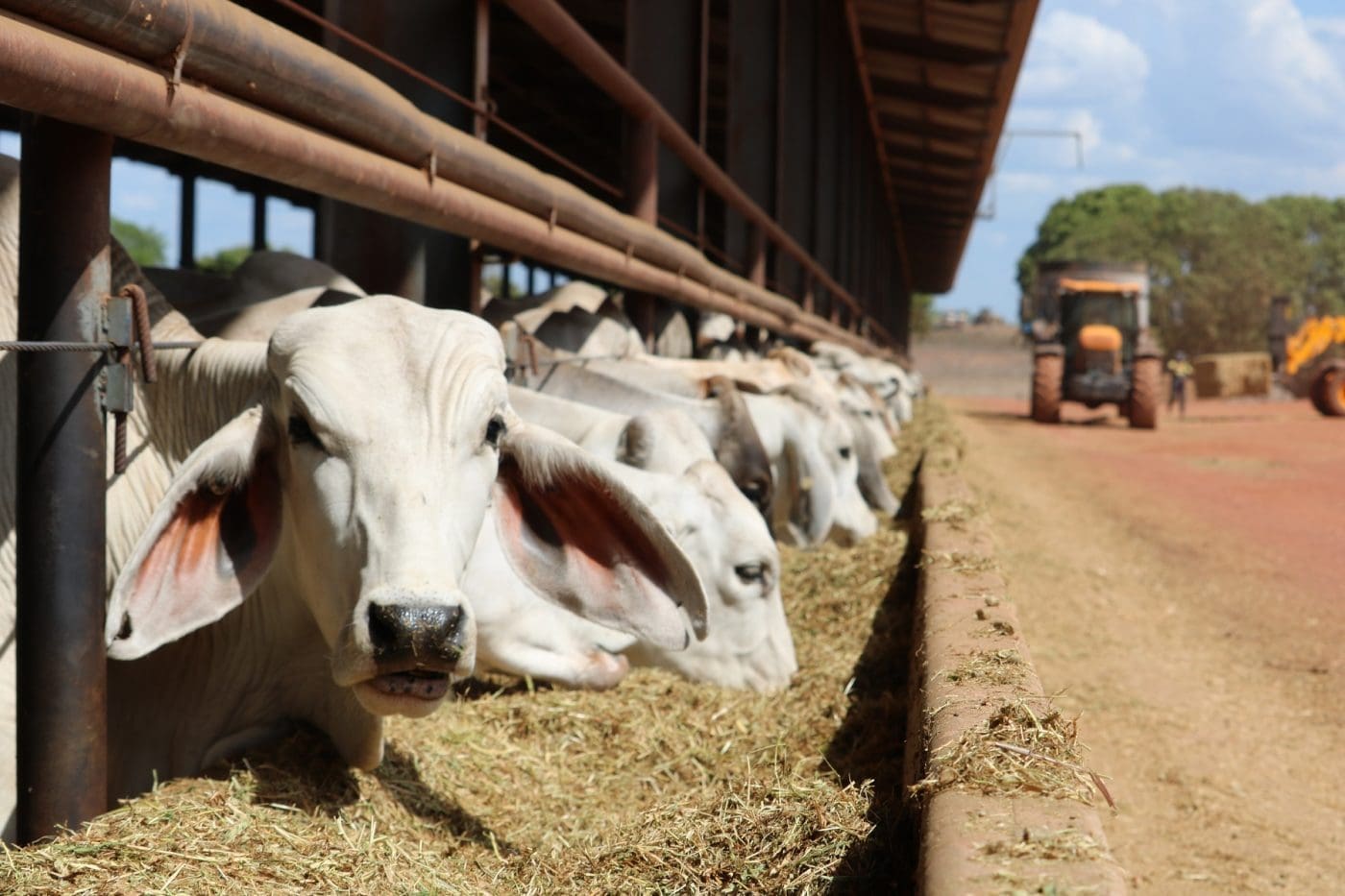A LIVE export ship bound for the Middle East has been sent back to Australia due to concerns about the rising tensions in the Red Sea.
The MV Bahijah departed the Port of Fremantle in Perth on January 5, loaded with sheep and cattle, before diverting towards South Africa and ultimately being ordered back to Australia by the Federal Department of Agriculture.
Tensions have been rising in the Red Sea, which is a major shipping channel from Australia to Europe and the Middle East, with attacks on vessels causing militaries from the United States and the United Kingdom to step in (click here to view earlier Beef Central story on the escalating shipping crisis in the region).
The agriculture department released a statement last Friday saying it was considering options before giving out update on Saturday to say it had ordered the ship back to Australia.
“To ensure the health and welfare of the livestock on the MV Bahijah, the department directed the exporter that the consignment be immediately returned to Australia,” the statement said.
“In making this decision the department considered the biosecurity risks associated with the livestock and the vessel and has not identified any basis on which these could not be managed within Australian territory.”
The MV Bahijah was formerly called the Ocean Outback, before Wellard sold it to an Israeli company called Bassem Dabbah.
Food security needs considered in decision making
Live exports to Israel and other parts of the Middle East increased significantly in the second half of last year, with the price of sheep and cattle becoming low enough to compete with European animals.
The Australian industry had been watching the activity in the Red Sea closely and taking precautions shipping to the area. The MV Bahija was loaded with extra fodder and veterinary supplies and had made contingency plans.
But the RSPCA was quoted in the ABC on the weekend calling for the live export industry to take it a step further and voluntary suspend all shipping to the area.
Australian Live Exporters’ Council chief executive officer Mark Harvey-Sutton said assessing ships on a case-by-case basis was a better way of managing the situation.
“It is a difficult situation for us because we are actually shipping to destinations in the Red Sea, we can’t go another direction,” Mr Harvey-Sutton said.
“The Department of Agriculture has said that it will be assessing consignments to the red sea on a case-by-case basis and we believe that is entirely appropriate.
“It is very easy to call for a voluntary suspension when you don’t have to deal with the fall-out, so we won’t be calling for that, but exporters will be working with the Department to make decisions about the best course of action in shipping to the Red Sea.”
Mr Harvey-Sutton said food security was the primary driver for live export to the Middle East, which needed to be central to decision-making.
“In time of geopolitical tension, food security can become more of an acute issue,” he said.
“That is really important to consider when we are talking why we export to the Middle East.”
Full Government statement
The Australian Government is closely monitoring the passage of a live export vessel that was destined for the Middle East but which has diverted from the Red Sea.
The health and welfare of the animals onboard remains a top priority.
The MV Bahijah loaded cattle and sheep in Fremantle, Western Australia and departed for the Middle East on 5 January 2024.
At the time of departure on 5 January, the Department of Agriculture, Fisheries and Forestry was satisfied that the arrangements for the transport of the livestock were appropriate to ensure their health and welfare.
As a condition of departure, the exporter was required to lodge contingency arrangements should the vessel not be able to reach the proposed destination in the Middle East.
The exporter also loaded additional fodder and veterinary supplies above those required by Australian Standards for the Export of Livestock for the proposed voyage.
A registered veterinarian and an accredited stockperson are on board the vessel, accompanying the consignment to attend to the health and welfare of the livestock.
Under the Safety of Life at Sea (SOLAS) Convention and the International Safety Management Code, the Master of the vessel has overriding authority and responsibility to make decisions with respect to the safety of the vessel.
The vessel has diverted away from the Red Sea due to the worsening security situation.
A range of contingency options remain open to the exporter, which will be reviewed by the department as they are submitted.
The department is monitoring the consignment closely and no significant animal health or welfare concerns have been reported at this time.
The department will continue to consider future consignments on a case-by-case basis.


